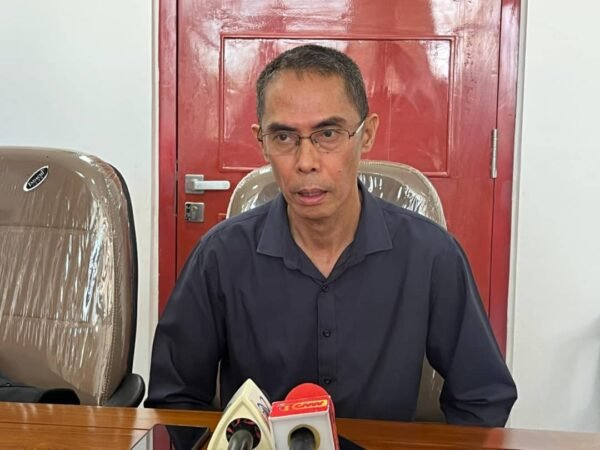Dili, July 23, 2025 (Média Democracia) – Timorese jurist Sérgio Dias Quintas urged the State to establish a juvenile center for young people, especially minors who commit crimes, so they can be housed in such a facility.
Jurist Sérgio Dias Quintas stated that minors who commit crimes should be placed in a juvenile center to be educated and develop their mentality so that in the future, when they leave the center, they are better reintegrated into society with skills and capabilities gained through mental and vocational training.
“The juvenile center is extremely important for the government to establish because, according to the penal code, minors under the age of 16 are not criminally responsible due to their age. Therefore, they cannot be held criminally accountable,” said Sérgio Dias Quintas.
He added that if the law defines them as not criminally responsible, they cannot be punished the same as adults. Hence, the government must create a proper condition such as a juvenile center to house them in a secure environment and provide training that changes their mindset.
“We encourage the government to create and establish a juvenile center because it’s not acceptable to simply release minors who commit crimes. It’s also important for parents to understand that minors are not yet fully responsible for their actions,” he said.
He affirmed that minors who commit crimes should not be treated the same as adults. They must be placed in a juvenile center and treated similarly, but not punished like adults, to avoid the influence of adult behavior.
“They must be placed in appropriate facilities, particularly juvenile centers, where they can receive formal and informal education. The government should create the conditions to send teachers to provide education in these centers, as well as skilled professionals to train them,” added Sérgio Dias Quintas.
He emphasized that when minors commit crimes and are sentenced by a judge to enter a juvenile center, the decision must come from the court not from any other institution. Though this is a form of penalty, it differs from what is described in the Penal Code.
“We see that when a minor commits a crime and comes before the court, the judge must verify their age using a birth certificate. If it is proven that the child is underage, there’s no legal path for conviction, and the judge must acquit them because the state has not yet established appropriate conditions for sentencing minors,” said Sérgio Dias Quintas.
He explained that often minors who commit crimes appear before the court, but since the penal code states that those underage are not criminally responsible, they are not held accountable.
He concluded by stating that when minors commit crimes, the court will assess their psychological immaturity due to age, which affects their behavior. Therefore, he urged the state to create juvenile centers to house minors who commit crimes so they can receive proper education and develop a better mindset for the future.
Report: Nelfiano
Photo: Nelfiano

